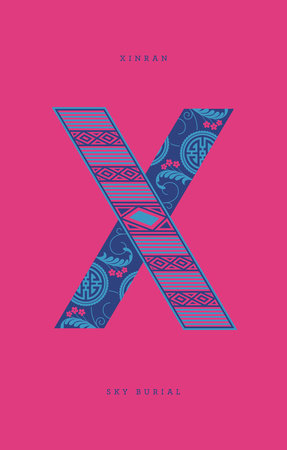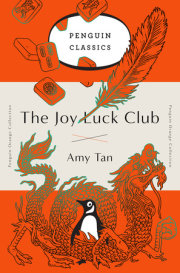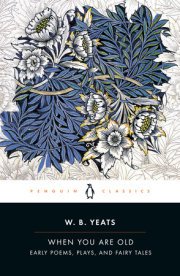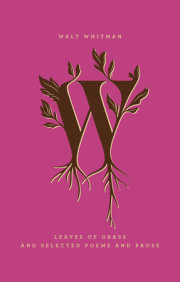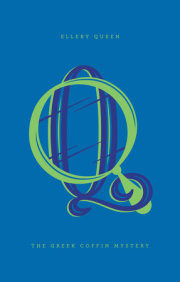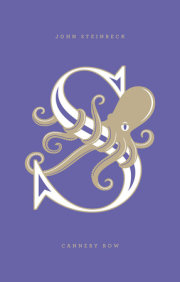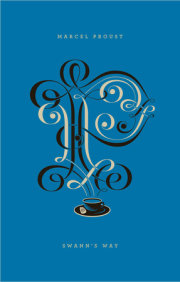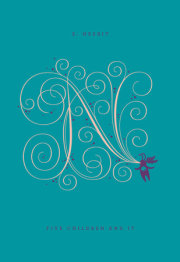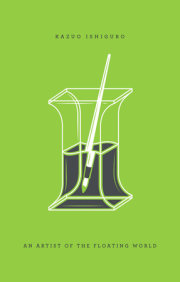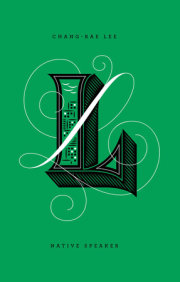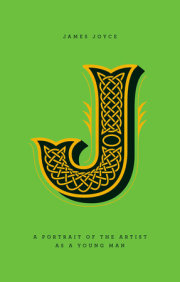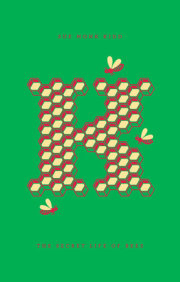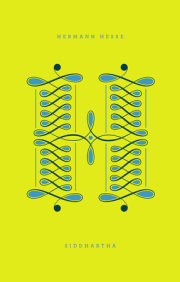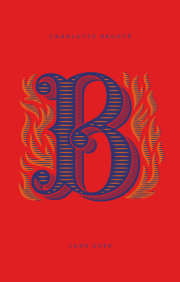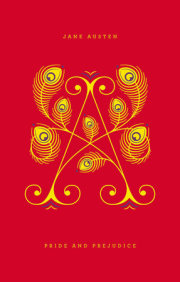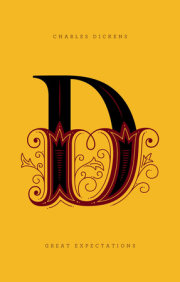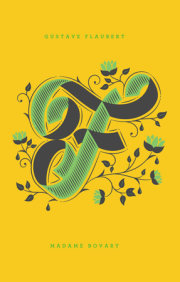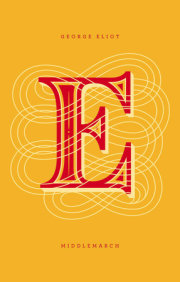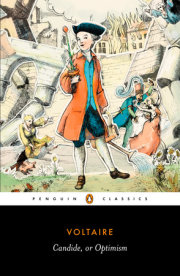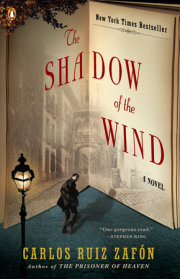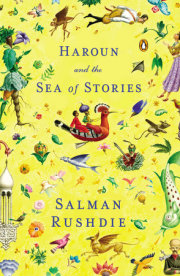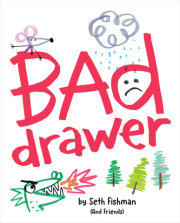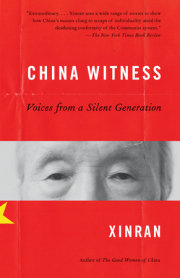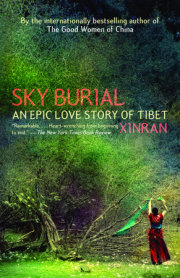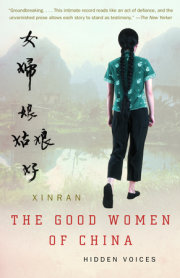1
Shu Wen
Her inscrutable eyes looked past me at the world outside the window--the crowded street, the noisy traffic, the regimented lines of modern tower blocks. What could she see there that held such interest? I tried to draw her attention back.
"How long were you in Tibet?"
"More than thirty years," she said softly.
"Thirty years! But why did you go there? For what?"
"For love," she answered simply, again looking far beyond me at the empty sky outside.
"For love?"
"My husband was a doctor in the People's Liberation Army. His unit was sent to Tibet. Two months later, I received notification that he had been lost in action. We had been married for less than a hundred days.
"I refused to accept that he was dead," she continued. "No one at the military headquarters could tell me anything about how he had died. The only thing I could think of was to go to Tibet myself and find him."
I stared at her in disbelief. I could not imagine how a young woman at that time could have dreamed of traveling to a place as distant and as terrifying as Tibet. I myself had been on a short journalistic assignment to the eastern edge of Tibet in 1984. I had been overwhelmed by the altitude, the empty awe-inspiring landscape, and the harsh living conditions.
"I was a young woman in love," she said. "I did not think about what I might be facing. I just wanted to find my husband."
I had heard many love stories from callers to my radio program, but never one like this. My listeners were used to a society where it was traditional to suppress emotions and hide one's thoughts. I had not imagined that the young people of my mother's generation could love each other so passionately. People did not talk much about that time, still less about the bloody conflict between the Tibetans and the Chinese. I yearned to know this woman's story, which came from a time when China was recovering from the previous decade's devastating civil war between the Nationalists and Communists, and Mao was rebuilding the motherland.
"How did you meet your husband?"
"In Nanjing," she replied, her eyes softening slightly. "I was born there. Kejun and I met at medical school."
That morning, Shu Wen told me about her youth. She spoke like a woman who was unused to conversation, pausing often and gazing into the distance. But even after all this time, her words burned with love for her husband.
"I was seventeen when the Communists took control of the whole country in 1949. I remember being swept up in the wave of optimism that was flooding China. My father worked as a clerk in a Western company. He hadn't been to school, but he had taught himself. He believed strongly that my sister and I should receive an education. We were very lucky. Most of the population at this time were illiterate peasants. I went to a missionary school and then to Jingling Girls College to study medicine. The school had been started by an American woman in 1915. At that time there were only five Chinese students. When I was there, there were more than one hundred. After two years, I was able to go to the university to study medicine. I chose to specialize in dermatology.
"Kejun and I met when he was twenty-five and I was twenty-two. When I first saw him, he was acting as a laboratory assistant to the teacher in a dissection class. I had never seen a human being cut up before. I hid like a frightened animal behind my classmates, too nervous even to look at the white corpse soaked in formalin. Kejun kept catching my eye and smiling. He seemed to understand and sympathize with me. Later that day, he came looking for me. He loaned me a book of colored anatomy diagrams. He told me that I would conquer my fear if I studied them first. He was right. After reading the book several times over, I found the next dissection class much easier. From then on, Kejun patiently answered all my questions. Soon he became more than a big brother or a teacher to me. I began to love him with all my heart."
Shu Wen's eyes were so still--locked on something I couldn't see.
"Everybody admired Kejun," she continued. "He had lost all his relatives during the Sino-Japanese War, and the government had paid for him to go to medical school. Because he was determined to repay this debt, he worked hard and was an outstanding student. But he was also kind and gentle to everyone around him, particularly to me. I was so happy . . . Then Kejun's professor came back from a visit to the battlefields of the Korean War and told Kejun of how the brave soldiers who were hurt and crippled in those terrible battles had to do without doctors and medicine, how nine out of ten of them died. The professor said he would have stayed there to help if he hadn't thought it his responsibility to pass on his medical knowledge to a new generation, so that more hospitals could have trained surgical staff. In war, medicine was the only lifeline: whatever the rights and wrongs of combat, saving the dying and helping the wounded were heroic acts.
"Kejun was deeply impressed by what his mentor had told him. He talked to me about it. The army was in desperate need of surgeons to help its wounded. He felt he ought to join up. Although I was frightened for him, I didn't want to hold him back. We were all suffering hardship at that time, but we knew it was for the greater good of the country. Everything was changing in China. Many people were packing their bags and heading for poor rural areas to carry out land reform, or going to the barren, uninhabited borderlands to turn the wilderness into fields. They went to the northeast and northwest to look for oil, or deep into the mountains and forests to fell trees and build railways. We regarded separation from our loved ones as a chance to demonstrate our loyalty to the motherland."
Shu Wen didn't tell me where Kejun's first army posting was. Perhaps she didn't know. What she did say was that he was away for two years.
I asked her whether she and Kejun wrote to each other. Shu Wen gave me one of her hard looks that made me ashamed of my ignorance.
"What kind of postal system do you imagine there was?" she asked. "War had created enormous upheaval. All over China, women were longing for news of husbands, brothers, and sons. I was not the only one. I had to suffer in silence.
"I heard nothing from Kejun for two years. Separation was not romantic, as I had imagined--it was agony. The time crawled past. I thought I was going to go mad. But then Kejun returned, decorated with medals. His unit had sent him back to Nanjing to take an advanced course in Tibetan language and medicine.
"Over the next two years our love grew stronger. We talked about everything, encouraging and advising each other. Life in China seemed to be getting better day by day. Everybody had a job. They worked not for capitalist bosses but for the government and the motherland. There were free schools and hospitals. We were told that, through Chairman Mao's policies, China's economy would catch up with those of Britain and America in only twenty years. We also had the freedom to choose whom we would marry, rather than obeying the choices of our parents. I told Kejun about how our friend Mei had, to everyone's surprise, married Li, an unsophisticated country boy, and how Minhua, who seemed so meek, had eloped with Dalu, the head of the student council. Their parents had come to the university to complain. But I didn't tell him how, while he was away, I had had other admirers, and people had advised me not to pin my hopes on a man who risked death on the battlefield."
"When Kejun finished his studies, we decided to get married. He was awaiting orders from the military headquarters in Nanjing. I was working as a dermatologist at a big Nanjing hospital. In the eyes of our friends, many of whom had children, we had already waited late enough to marry. Kejun was twenty-nine, I was twenty-six. So we applied to the Party for permission. Although my father found it difficult to get used to the idea of free choice in marriage, he was very fond of Kejun and knew I had made a good decision. In any case, if I delayed marriage any longer, he would lose face. My older sister had already got married and had moved to Suzhou, taking my parents with her.
"Our wedding was celebrated in true 'revolutionary style.' A high-ranking political cadre was the witness and friends and colleagues wearing little red paper flowers were our escorts. For the refreshments we had three packets of Hengda cigarettes and some fruit candies. Afterward we moved into the hospital's married quarters. All we owned were two single wooden plank beds, two single quilts, a rosewood chest, a red paper cutout of two 'happiness' characters, and our marriage certificate decorated with a portrait of Chairman Mao. But we were ecstatically happy. Then, only three weeks later, Kejun's call-up papers arrived. His unit was to be posted to Tibet.
"We hardly had time to absorb the news before he left. The army arranged for me to be transferred to a hospital in Suzhou so that I could be close to my parents and sister. We hadn't requested a transfer but the Party organization said that it was only right that army dependents should have their families to look after them. I threw myself into my work so that I didn't think about how much I was missing Kejun. At night, when everyone else was asleep, I would take out Kejun's photograph and look at his smiling face. I thought all the time about what he had said just before he left: that he'd be back soon because he was anxious to be a good son to my parents and a good father to our children. I longed for him to return. But instead I received a summons to the Suzhou military headquarters to be told that he was dead."
We sat in silence together for some time. I did not want to interrupt her thoughts.
That night, Shu Wen and I shared a room in the small hotel next to the teahouse. During the two days we spent together, she opened up to me in a way that I had hardly dared hope.
But a few days later, when I called the hotel in Suzhou, she had already left. In a panic, I contacted the man who had called me about her.
"I don't know where she's gone," he said. "The other day she sent me a packet of green tea via the rice seller to say thank you for introducing her to Xinran. She said she hoped you would tell people her story. Since then I haven't met her again."
It was not until I went to Tibet again in 1995 to make a documentary that I began to understand what it might be like to live there. I and my four cameramen were rendered speechless by the emptiness of the landscape, the invisible wind that swept across the barren land, the high boundless sky, and the utter silence. My mind and soul felt clean and empty. I lost any sense of where I was or of the need to talk. The simple words that Shu Wen had used--"cold," "color," "season," "loss"--had a new resonance.
As I wrote Shu Wen's story, I tried to relive her journey from 1950s China to Tibet--to see what she saw, to feel what she felt, to think what she thought. I deeply regretted having allowed Wen to leave without telling me how I could find her again. Her disappearance continues to haunt me. I dearly wish that this book might bring her back to me and that she will come to know that people all over the world are reading her story.
2
I Can't Leave Him in Tibet, Alone
Death Notice
This is to certify that Comrade Wang Kejun died in an incident in the east of Tibet on 24 March 1958, aged 29.
Issued by the Suzhou Military Office,
Jiangsu Province, 2 June 1958Wen stood stunned on the steps of the military headquarters, the summer rain of the Yangtze delta monsoon drenching her hair and face.
Kejun, dead? Her husband of less than a hundred days, dead? The sweetness of those first days after their marriage lingered in her heart. She could still feel their warmth. Of those hundred days, they had only spent three weeks together. It was impossible that he was dead.
He had been so strong, so talkative, so full of life when he set out for Tibet. An army doctor wouldn't have been directly involved in the fighting. What "incident" was this? How did he die? Why could nobody give her any information? They had not even added a few words to testify that he died a revolutionary martyr as they always did for soldiers who fell in battle. Why not?
In the flood of buoyant "Reports of Victory from the People's Liberation Army on Entering Tibet," there had been no mention of an incident in which Kejun could have died. Staff at the military office responsible for comforting the widows and orphans of fallen soldiers had told Wen privately that they hadn't received any of the standard battlefield bulletins from Tibet.
Wen stood in the Suzhou street, unheeding of the rain. The busy life of the town continued around her, but she noticed nothing. An hour passed, then another. She was soaked in sorrow and bewilderment.
The chiming bells of Cold Mountain Temple called her back from her grief. Returning to the hospital where she worked, truly alone for the first time, a thought flashed through her mind. What if Kejun had simply been separated from his unit, like all those soldiers who were mistakenly reported dead when they were actually on their way home? Perhaps he was in danger or had fallen ill. She couldn't leave him in Tibet, alone.
The idea, conceived in that chill rain, that she should go and find Kejun proved to be so powerful that, despite all the attempts of her family, friends, and colleagues to talk her out of it, Wen was determined to join her husband's regiment and travel to Tibet. She rushed around every government office she could find, tearfully thrusting her marriage certificate, Kejun's parting note, even his few personal possessions--his towel, handkerchief, and tea mug--at everyone she saw. "My husband must be alive," she insisted. "He wouldn't abandon his new wife and the future mother of his children."
Copyright © 2005 by Xinran. All rights reserved. No part of this excerpt may be reproduced or reprinted without permission in writing from the publisher.

